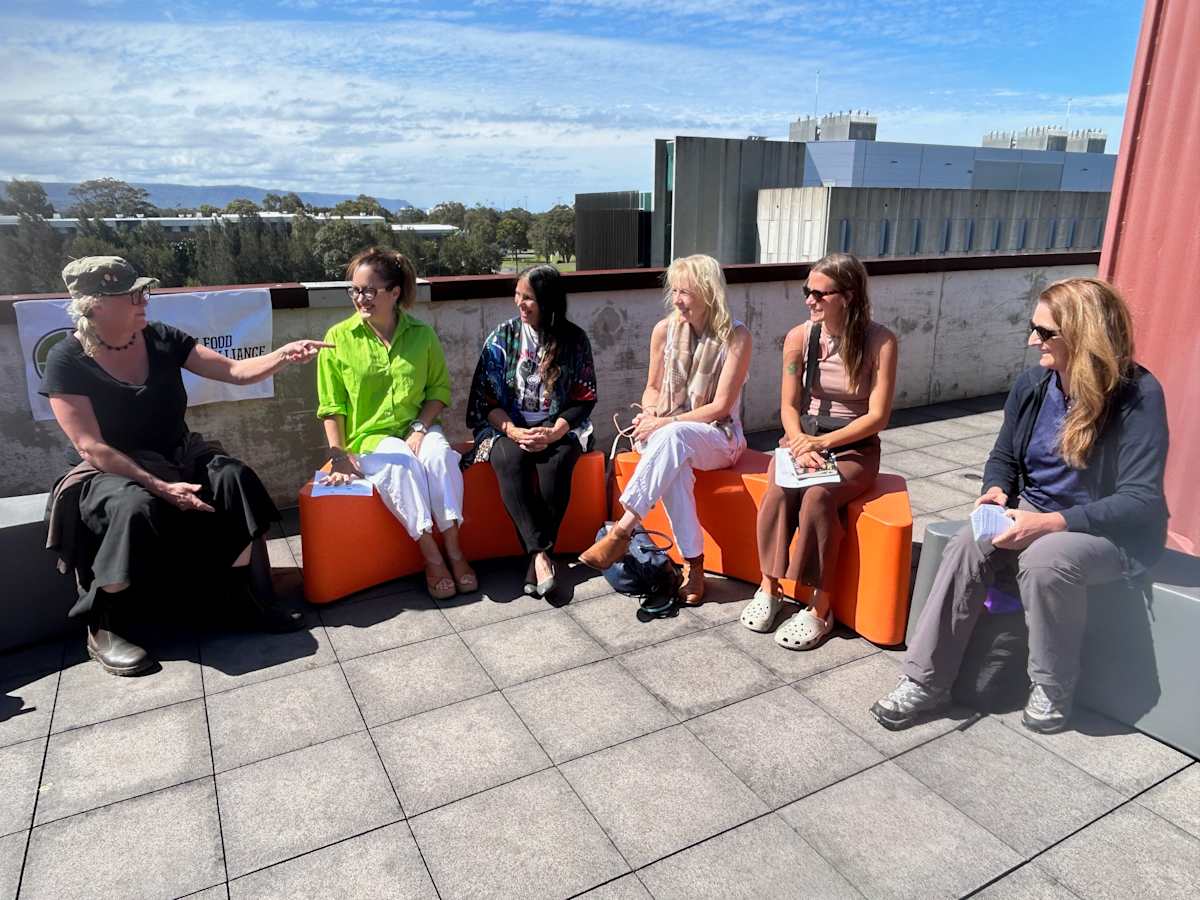Good for us, good for the planet: Eco friendly tip in Climate Change Week
There hasn't been a lot to celebrate at the University of Wollongong (UOW) in recent times as it battles serious budget challenges. That changed briefly during the recent Global Climate Change Week when the university released its 2023...

There hasn't been a lot to celebrate at the University of Wollongong (UOW) in recent times as it battles serious budget challenges. That changed briefly during the recent Global Climate Change Week when the university released its 2023 Sustainability Report showing the growing contribution UOW is making towards protecting and restoring the environment, and to creating a more equitable and healthy society.
Wollongong helped develop the original Global Climate Change Week concept in 2014, with UOW's Dr Keith Horton encouraging academics, students and non-academic staff at universities, in all disciplines and countries, to engage with each other, their communities and policy makers on climate change action and solutions.
During 2024's Global Climate Change Week, the focus at UOW was on sustainable food systems, featuring five days of discussions, seminars and climate action events under the theme: 'The Food-Water-Energy Nexus.'
UOW's Karen Charlton, a Professor of Nutrition and Dietetics, said the 'Food-Water-Energy Nexus' focuses on how humans have an ever-increasing demand for food, water and energy.
"The relationship between food, water and energy is delicate and demand is growing. It is a crux of our way of life," she said. "Every single person on Earth deserves access to sustainable and healthy food, fresh water, and a roof over their heads."

Everyone can make a difference in how we choose to eat
On Wednesday, 16 October, one of the highlights of the week was an Agroecology Dialogue at UOW's Innovation Campus. The workshop gave participants the chance to connect with local farmers, First Peoples and activists to discuss how everyone can play a part in creating more sustainable, community-driven food systems.
Karen said every resident living in the Illawarra can make a positive difference. "By embracing eco-friendly choices and demanding change from our leaders we can create a ripple effect that inspires others."
She provided some practical tips for how locals can "make a difference."
"Eat seasonally. Eat what's in season that's grown at the right time of the year.
"Connect with local food networks like those who do monthly crop swaps.
"Look at having a meat-free meal at least once a week; less red meat and more chicken. I'm not suggesting everyone should become vegan but we should choose to eat meat that's produced in a more sustainable way.
"What is good for human health is good for the planet's health," she added.
"As we export 70 per cent of the food we grow, we have a global responsibility that the food we produce isn't harming individuals."
UOW on target for carbon neutrality
UOW's latest Sustainability Report confirmed the organisation is on track to achieve carbon neutrality by 2030 and, according to the chair of UOW's Sustainable Futures Committee, Professor Tim McCarthy, "We can be proud of our achievements while recognising that there's still some way to go."
The report shows how UOW is delivering on its commitment to the 17 United Nations Sustainable Development Goals (SDG) and having an impact across research, innovation and education through community engagement and industry partnerships.
UOW's recognition of sustainability practices was recently acknowledged in the Times Higher Education Impact Rankings (2024) where it ranked 44th in the world – an improvement of 17 places.
The Illawarra region's growing reputation as a clean and renewable energy hub is highlighted, with UOW a key facilitator of green energy innovation and training. The university has supported the development of multiple Illawarra-based industry-leading start-ups, who are committed to sustainability.
"Our staff, students and alumni continue to work collectively and positively to protect and restore our planet and create a more equitable and healthy society," Tim said.
Confirming UOW's demonstrated commitment to sustainability, it has been ranked in the top 50 universities globally for eight of the 17 SDGs, and in the top 100 for 15 out of 17 SGDs in the Times Higher Education rankings for 2024.





